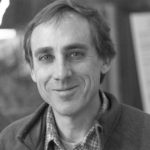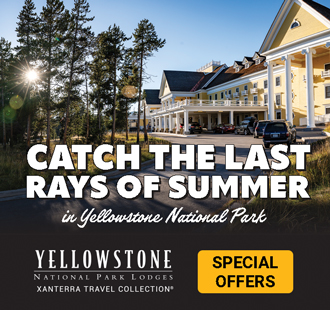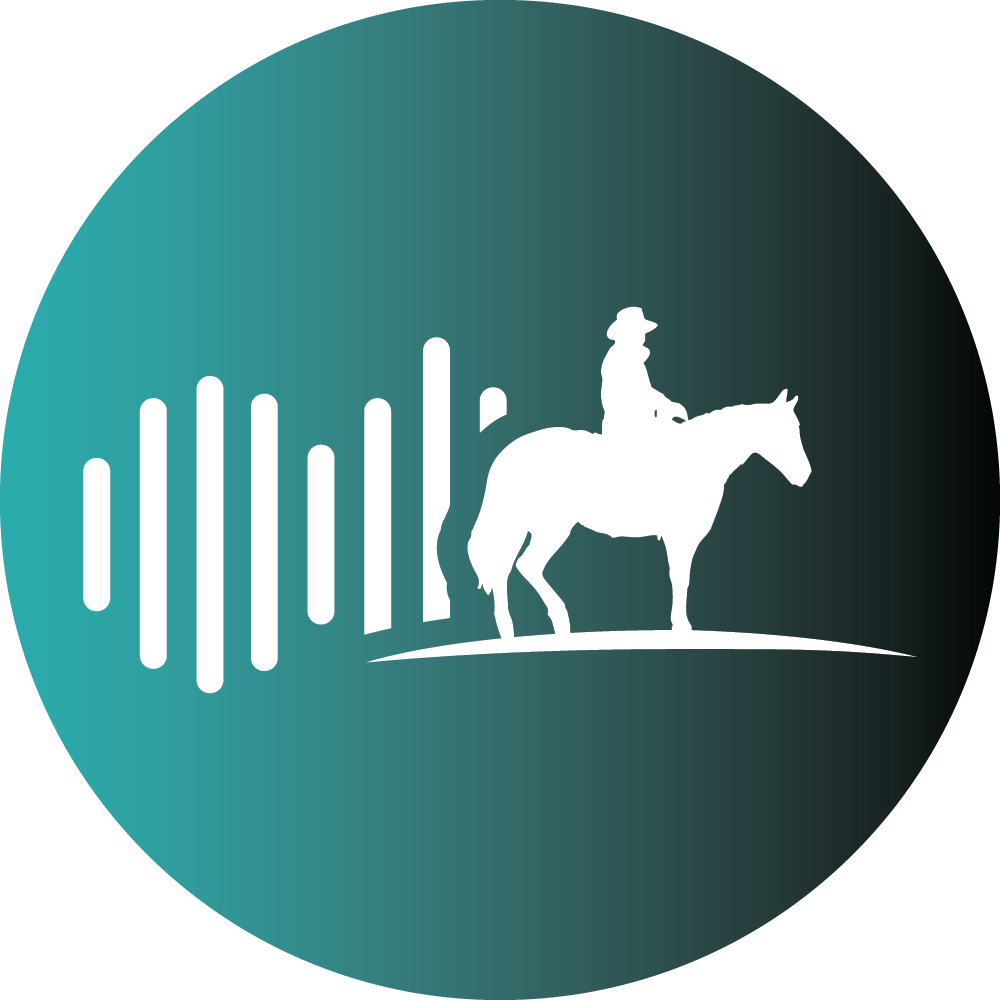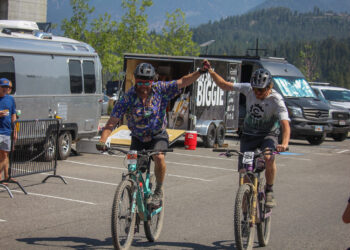
When I asked Ken Burns what he thought of our new post-ethics, post-truth, fake-news world, in which distortion of reality is openly promoted and condoned, the renowned documentary filmmaker responded with incredulity.
“I would say it’s terrifying. Orwellian. I’m interested in facts, period,” Burns said. “If people aren’t interested in facts, God help them.”
Few people in this country are better versed in the facts of American history and bringing them to life. From his groundbreaking exploration of the bloody war between the states to subsequent deep dives into baseball, the West, Thomas Jefferson, Lewis and Clark, jazz, the national parks, Prohibition, cancer and World War II, among others, Burns has proved himself to be an incisive storyteller.
Burns and I chatted on the phone Monday, hours before the American Prairie Reserve announced that one of the country’s foremost historians, David McCullough, would be receiving a new award that bears Burns’ name. Later this spring in New York City, McCullough will formally accept the first-ever Ken Burns American Heritage Prize, yet another accolade for a writer who has already won a Pulitzer Prize, National Book Award and received the Presidential Medal of Freedom.
McCullough and Burns are dear friends who stand in awe of each other. McCullough famously narrated Burns’ signature masterwork, “The Civil War,” in 1990. Coming this fall, Burns’ latest epic, a 10-part series co-produced with Lynn Novick called “The Vietnam War” will air on PBS.
Before we got into discussing that project, our focus was on McCullough and the American Prairie Reserve. Burns became a fan of APR’s ambitious efforts because, as he was making documentaries about historical events in our region, he fell in love with the West.
“It is a geography of extraordinary imagination, a geography of hope, a geography of mythology that is, at times, a distracting mythology that doesn’t quite really fit with the model of life,” he said. “But mostly the West is a geography of beauty and an immensity of space. You begin to realize, in front of nature, your own insignificance which is paradoxically inspiriting.”
APR has a goal of protecting 3 million contiguous acres of the northern Great Plains—about 5,000 square miles of terrain in east-central Montana—that straddles the Upper Missouri River. Steadily, the architects of APR are making progress toward creating a preserve, eventually equal to the combined area of Yellowstone and Glacier national parks, which will be home to every major plains species that was there before Europeans arrived on the continent.
“American Prairie Reserve is grateful to collaborate with both Ken Burns and David McCullough at this inflection point in our journey to return an entire grassland ecosystem to its original vibrancy,” Sean Gerrity, president of the conservation initiative, said in a statement.
“Together we honor the struggles and successes of those men and women who continue to shape America’s character—all against the backdrop of our natural heritage. Just as Ken’s national parks series demonstrates, this land should be open and accessible to the people forever. That’s our goal. And David’s work helps us understand that ordinary Americans are capable of extraordinary acts of courage and conviction—something we see every day as we work alongside our supporters and volunteers to preserve the fastest-disappearing ecosystem on the planet.”
McCullough is an extraordinary writer able to tap into the essence of the American experience, Burns said.
“Through a variety of seemingly diverse topics, from the Brooklyn Bridge to the Panama Canal to the Johnstown flood to investigating the lives of remarkable individuals like John Adams and Harry Truman, and now the Wright Brothers, he’s been devoted to finding the things that unite us,” Burns said. “He doesn’t sanitize or whitewash a story but paints it in all its complexity. He understands that in order to understand light, there has to be shadow; to understand the dawn, you have to understand there’s night.”
When Burns ponders the big picture being assembled, he reflects on how the West, documented by landscape painters during the 19th century left behind visual reference points, some of which he used in his films.
“I know what it is to be inspired by the frame of a place and what it’s like to dive into a photograph and try to open it up and give it a dimension that it actually doesn’t have. It’s all an illusion,” he said. “That’s been my work, waking the dead, and one is humbled by it. It leads you to places where you submit, in the best sense of the word, to larger forces.”
The American prairie, he says, is one where time is fluid. “You understand the immensity of the sky there and imagine what it might have been without fence posts and divisions of property. You imagine herds of buffalo stretching to the horizon, numbering in the hundreds of thousands, moving across the plain. And you grasp the sense of majesty that doesn’t intrude in any way on your ability to see what’s still possible.”
Burns invoked one of McCullough’s favorite quotes that he, in turn, extracted from research into Harry Truman. “Truman said, ‘The only thing that’s really new is the history of what we don’t know,’” Burns explained. “In a way, we sort of think of the past as being fixed and we conceive of the future as being sort of unknown. But in fact it’s malleable. There’s new information and new perspectives we unearth and there are new people we include in the stories we tell. What’s so great about history is that each generation enlarges it.”
I asked Burns about Thomas Jefferson’s ideal of the yeoman farmer and people seeking their destiny in the West. He spoke to the myth of the endless frontier.
“I think Jefferson envisioned a continental United States and a canvass that he said would take 100 generations to fill up,” Burns said. “Well, as soon as Lewis and Clark charted it, it was barely five generations later when, in 1893, Frederick Jackson Turner is lamenting ‘the end’ of the frontier. We tamed that environment relatively quickly. Manifest Destiny brought about our spreading out across the continent and then there was this realization that, yikes, we ran out of places to explore, purchase, and conquer.”
Biological diversity in a landscape, he notes, is as inspiring as the kind forming the dynamic social fabric of our country. He believes in the power of places to pull people together.
“It doesn’t matter who you are, landscape moves all of us. We have longstanding institutions and longstanding relationships galvanized by places of common interest that shape our national identity.”
Such places are touchstones in the midst of tumultuous division, he said.
“Let’s remember that the dividedness in America today is part of a very pathetic, binary politics—yes versus no, black or white, good or bad, red or blue, gay or straight, rich or poor, male or female, westerners or easterners, north or south,” he said. “It’s all a completely binary thing. What landscape does, by reminding you of your insignificance, is to open your eyes to a third thing—that the whole is always greater than the sum of the parts. Any bit of yes versus no is always mitigated by a much bigger wisdom. Having a sunset on the prairie is all you need to end a heated argument.”
Part of Burns’ mission in film is “bringing people to sing the epic verses of our common history together, to remind us of the reasons why we agree to cohere as a people.” He warned against those who deliberately dispense “alternative facts” to mislead or as a way to evade accountability, though he concedes that legitimate variations exist for what differing people perceive to be personal truths.
“In war, for example, there’s not one truth; there are many truths. When the fighting starts in any war, truth is the first casualty,” he said.
Of his forthcoming documentary on the Vietnam War, a project a decade in the making, Burns said: “It’s one hell of a story about a war that Americans have not yet come to fully understand. It’s a controversial subject but the film will be controversial only for those who don’t watch it.”
Calling it “an ecumenical bracing story,” he was startled by what his research team turned up. “Most of us who lived through Vietnam will find it a complete revelation, gob smacked maybe because it might be possible to check, or make useless, the preconceptions about the war and what was thought to be conventional wisdom.
“Hopefully it will help start the kind of courageous conversations we haven’t had about Vietnam to help those people who did participate in the most horrible way; which is to say, the soldiers who were up close and doing it, to help liberate them from our indifference.”
Todd Wilkinson has been a journalist for 30 years. He writes his New West column every week, and it’s published on explorebigsky.com on EBS off weeks. Wilkinson authored the recent award-winning book “Grizzlies of Pilgrim Creek: An Intimate Portrait of 399, the Most Famous Bear of Greater Yellowstone,” featuring 150 astounding images by renowned American nature photographer Thomas Mangelsen. His new article on climate change, “2067: The Clock Struck Thirteen,” appears in the winter 2017 edition of Mountain Outlaw magazine. The New West also appears every week at thebullseye.media.













